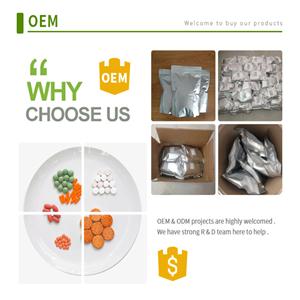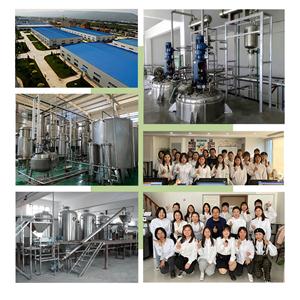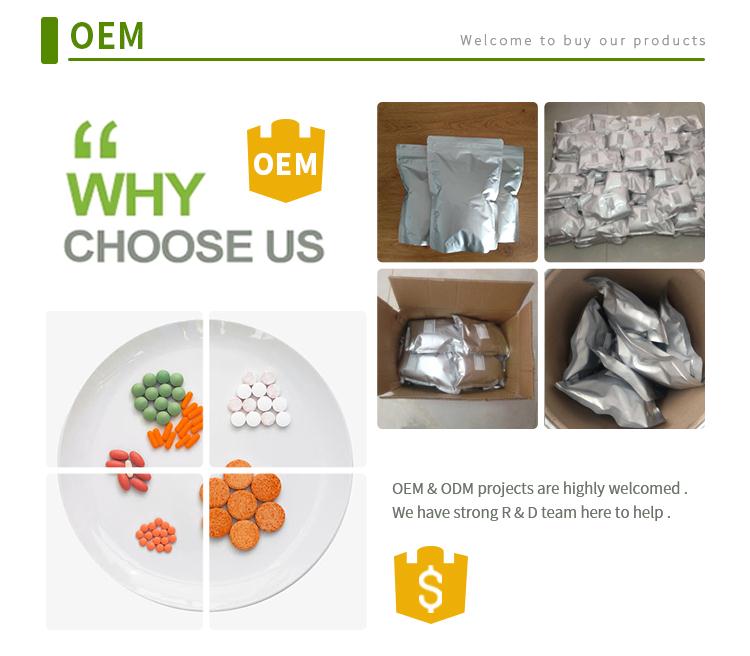Donipenem has a wide antibacterial spectrum, stable to most of the daily endophenaminase, low renal toxicity and minimal central nervous toxicity, which will become the biggest selling point of the product's marketing. In addition, Donipenem can be used to treat difficult hospital-acquired pneumonia (NP) with an 81% effective rate, significantly exceeding the clinical efficacy of various existing antibiotics against NP.
Doripenem is a broad spectrum β-lactam antibiotic that is effective against gram-positive, gram-negative and anaerobic bacteria.
Donipenem is a new carbapenem antibiotic developed by Shionoyoshi Company in Japan. It has a broad antibacterial spectrum and is stable to most β-lactamases, including penicillase, cephalosporin enzyme and ultra-broad β-lactamase (ESBLs). It is stable to human dehydropeptidase (DHP-1), is not hydrolyzed by DHP-1 in vivo, and can be used alone. It has strong antibacterial activity against both anaerobic or aerobic gram-positive and Gram-negative bacteria. Overall, the antibacterial activity of Donipenem was comparable to that of imipenem, meropenem and ertapenem. However, the activity against Staphylococcus aureus, Pseudomonas aeruginosa and penicillin-resistant Streptococcus pneumoniae was significantly stronger than meropenem. In vitro studies showed that the activity of Donipenem against methicillin-resistant staphylococcus and streptococcus was comparable to that of imipenem, with a MIC90 value of 0.5mg/ml or lower. It has high activity against enterobacter, Haemophilus influenzae and Moraxella catarraceae, with MIC90 values ranging from 0.032 to 0.5mg/ml. The MIC90 value was 8mg/ml, which was stronger than meropenem, and better than apenem, cefpirox and Donipenem against ceftazidime, ciprofloxacin and gentamicin resistant bacteria. The MIC50 and MIC90 values were 0.25 and 1mg/ml respectively, and Donipenem had good therapeutic effect on the rats with uterine infection, suggesting the prospect of Donipenem in clinical gynecology and obstetrics. Donipenem is stable to DHP-1 in humans, dogs, pigs, guinea pigs, rats, mice and rabbits. Studies in animal models have shown that the subcutaneous injection of Donipenem in mice can achieve high blood drug levels, and has a good protective effect on the mouse model infected by gram-positive and gram-negative bacteria (including drug-resistant bacteria). Clinical studies of Donipenem showed that it was stable in human body and was not affected by human DHP-1 enzyme. The half-life (t1/2) of intravenous injection of 125mg was 0.85h, and it was mainly eliminated in urine. The drug recovery rate in urine was 75% in 24h. 250mg ~ 1000mg, given once, twice or three times a day, the effective rate of complex urinary tract infection and chronic respiratory tract infection was 93.8% ~ 95.2, the bacterial clearance rate was 87.5% ~ 98.2%, indicating the good antibacterial effect of this product.
Storage Condition
| Keep in a cool and dry place |
Transportation | By Sea or by Air(DHL/UPS/TNT/FEDEX/EMS) |
Delivery Time | 7-28 days |
Payment | T/T, Western Union or Bitcoin |


 China
China

















